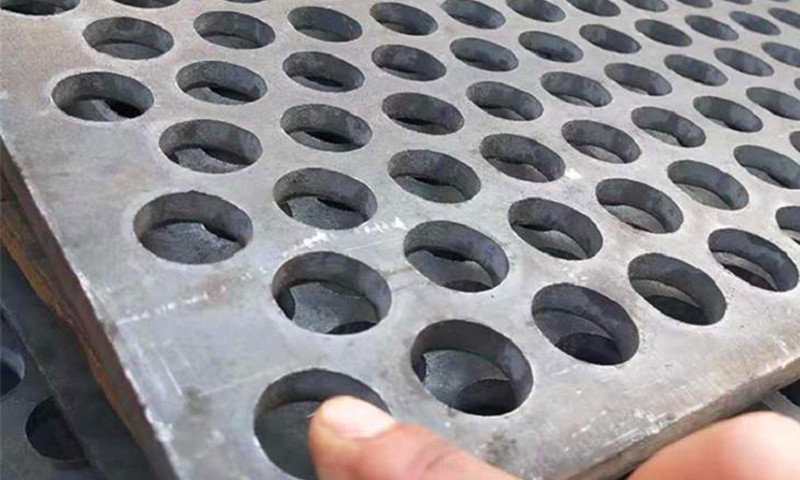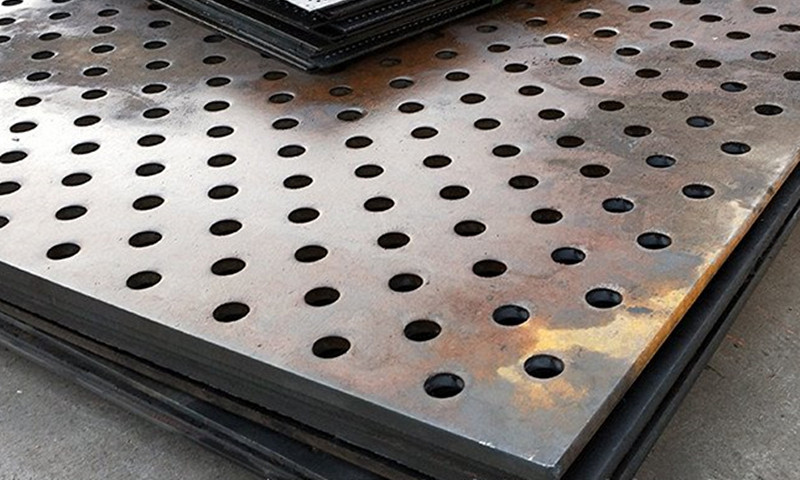Material and Thickness Relationship
Source:www.cn-psp.cnAuthor:河北森驰公司 Last updated:2025-05-21 16:00:53 Browse:
Round hole mesh is a perforated metal sheet product commonly used in industrial manufacturing, architectural decoration, ventilation, and filtration. The thickness of the sheet not only affects load-bearing capacity and durability but also determines suitability for different applications.
Common materials for round hole mesh include stainless steel, aluminum alloy, and low-carbon steel. Each material has unique mechanical and corrosion-resistant properties, which must be considered when choosing the thickness:
Stainless Steel Mesh: Excellent corrosion resistance and strength, suitable for environments with harsh conditions such as chemical plants and coastal areas.
Aluminum Alloy Mesh: Lightweight and easy to install, perfect for applications with weight limitations like ceiling decorations and vehicle ventilation.
Low-Carbon Steel Mesh: Cost-effective and ideal for applications with moderate strength requirements such as industrial filters and fencing.

Key Factors in Choosing Thickness
The typical thickness range for round hole mesh is between 0.5 mm and 10 mm. Selection should depend on the following:
Load Requirements: For applications under high pressure or weight, such as mechanical guards or stair treads, thicker mesh ensures structural safety.
Ventilation and Decoration: For decorative or airflow-focused uses, such as HVAC covers or wall panels, thinner mesh is sufficient and cost-effective.
Hole Diameter: Larger holes reduce the structural integrity of the mesh; therefore, increased thickness is often required to maintain stability.
Common Thickness Ranges and Use Cases
0.5–1.5 mm: Suitable for indoor decoration, speaker panels, lighting covers, and other low-strength applications.
2–4 mm: Ideal for ventilation systems, filters, and mechanical protective covers requiring medium strength.
5 mm and above: Used in heavy-duty applications like machinery guards, stair treads, and platforms.
\

Matching Thickness with Application Scenarios
Filtration and Separation: Choose medium thickness for durability and good corrosion resistance over long-term use.
Ventilation and Decoration: Opt for thinner mesh that meets aesthetic needs and is easier to install and maintain.
Load-Bearing Structures: Use thicker mesh to ensure resistance to impact and weight, enhancing safety.
Conclusion
Choosing the appropriate thickness of round hole mesh requires balancing material characteristics, practical needs, and cost-efficiency. The right thickness not only extends product lifespan but also optimizes performance in specific applications. For best results, consult with industry professionals and tailor the mesh specifications to your project’s requirements.

